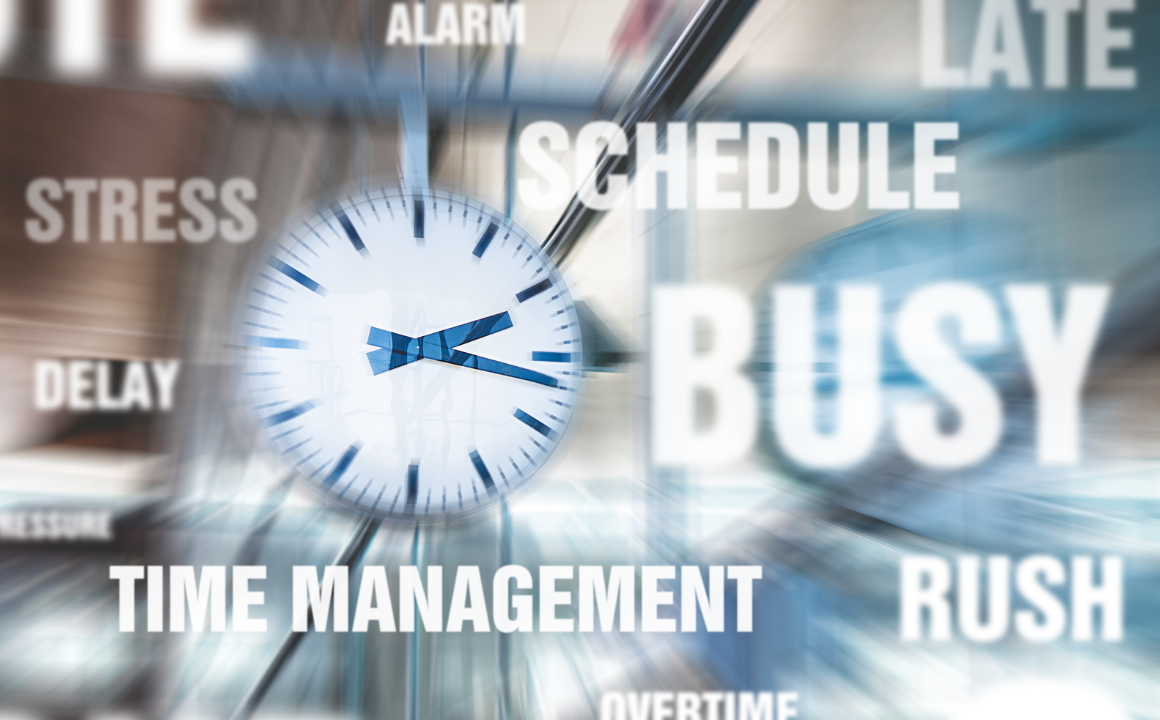How Constant Rushing is Overloading Your Brain

The Bold Idea:
Constant rushing can lead to emotional symptoms and burnout, but mindful practices can help ease these feelings.

Do you ever feel like time is running out? You rush to work, speed through emails, multitask while eating, and still feel like you’re behind. Even when there’s no real reason to hurry, an overwhelming sense of urgency takes over. This isn’t just a habit—it’s hurry sickness, a state of chronic rushing that affects cognitive function, emotional regulation, and overall well-being. While society often praises busyness, constantly feeling like you’re running out of time can overload your brain and body in ways you may not realize.
Hurry Sickness and Executive Function
Hurry sickness disrupts executive function, the cognitive system responsible for focus, impulse control, and decision-making (Staal, 2004). When you are always in “go mode,” your prefrontal cortex struggles to process information efficiently, leading to poor attention, memory lapses, and impulsive choices (Schaffer et al., 2023). Multitasking, often mistaken for productivity, reduces efficiency and increases mental exhaustion (May & Elder, 2018). The brain isn’t designed to switch rapidly between tasks, and constantly doing so creates cognitive overload, making it harder to slow down even when there is no rush.
The Emotional Toll of Hurry Sickness
Hurry sickness also affects emotional regulation. The amygdala, which processes stress and emotions, becomes hyperactive, leading to increased anxiety and frustration (Maule & Hockey, 1993). The more we rush, the more our brains stay in a heightened state of urgency, making us irritable when things don’t move fast enough. Over time, this leads to chronic stress, emotional exhaustion, and a decreased ability to feel present and engaged in daily life. People with hurry sickness often struggle to enjoy the moment, as their minds are already fixated on what’s next (Mendl, 1999).
This pattern can also impact relationships and mental health. A person who constantly rushes may become impatient with others who move at a normal pace, creating tension in friendships, workplaces, and family life. In therapy, individuals struggling with hurry sickness may use their busyness to avoid deeper emotional processing. In extreme cases, the inability to slow down can contribute to burnout, making even simple tasks feel overwhelming.
Breaking the Cycle: Strategies for Slowing Down
To manage hurry sickness, psychologists suggest retraining the brain to slow down through mindfulness and cognitive restructuring. Cognitive Behavioral Therapy (CBT) helps individuals challenge the belief that rushing equates to productivity, while Mindfulness-Based Stress Reduction (MBSR) teaches techniques to pause and be present (Evans, 2021). On a practical level, small adjustments—such as taking intentional breaks, eating without distractions, and focusing on one task at a time—can help restore mental clarity and emotional balance.
Conclusion
Slowing down does not mean doing less—it means working with intention rather than urgency. Society conditions us to believe that being busy equals being successful, but research suggests that constantly rushing weakens cognitive performance and increases stress rather than improving efficiency. By recognizing hurry sickness and actively working to slow down, we can improve focus, regulate emotions, and regain control over our time.
The next time you catch yourself rushing, ask yourself: Is this urgency real, or am I just stuck in the habit of hurrying? If you stopped rushing today, what would actually happen? Would the world fall apart, or would you finally feel at peace?
References
Evans, N. J. (2021). Think fast! The implications of emphasizing urgency in decision-making. Cognition, 214, 104704. https://doi.org/10.1016/j.cognition.2021.104704
Maule, A. J., & Hockey, G. R. J. (1993). State, stress, and time pressure. In Time pressure and stress in human judgment and decision making (pp. 83–101). Springer US. https://doi.org/10.1007/978-1-4757-6846-6_5
May, K. E., & Elder, A. D. (2018). Efficient, helpful, or distracting? A literature review of media multitasking in relation to academic performance. International Journal of Educational Technology in Higher Education, 15(1), 1–17. https://doi.org/10.1186/s41239-018-0096-z
Mendl, M. (1999). Performing under pressure: Stress and cognitive function. Applied Animal Behaviour Science, 65(3), 221–244. https://doi.org/10.1016/S0168-1591(99)00088-X
Schaffer, C., Goldart, E., Ligsay, A., Mazwi, M., Gallant, S., & Ehrmann, D. (2023). Take a load off: Understanding, measuring, and reducing cognitive load for cardiologists in high-stakes care environments. Current Treatment Options in Pediatrics, 9(3), 122–135. https://doi.org/10.1007/s40746-023-00247-w
Staal, M. A. (2004). Stress, cognition, and human performance: A literature review and conceptual framework. NASA Technical Memorandum 2004-212824.
